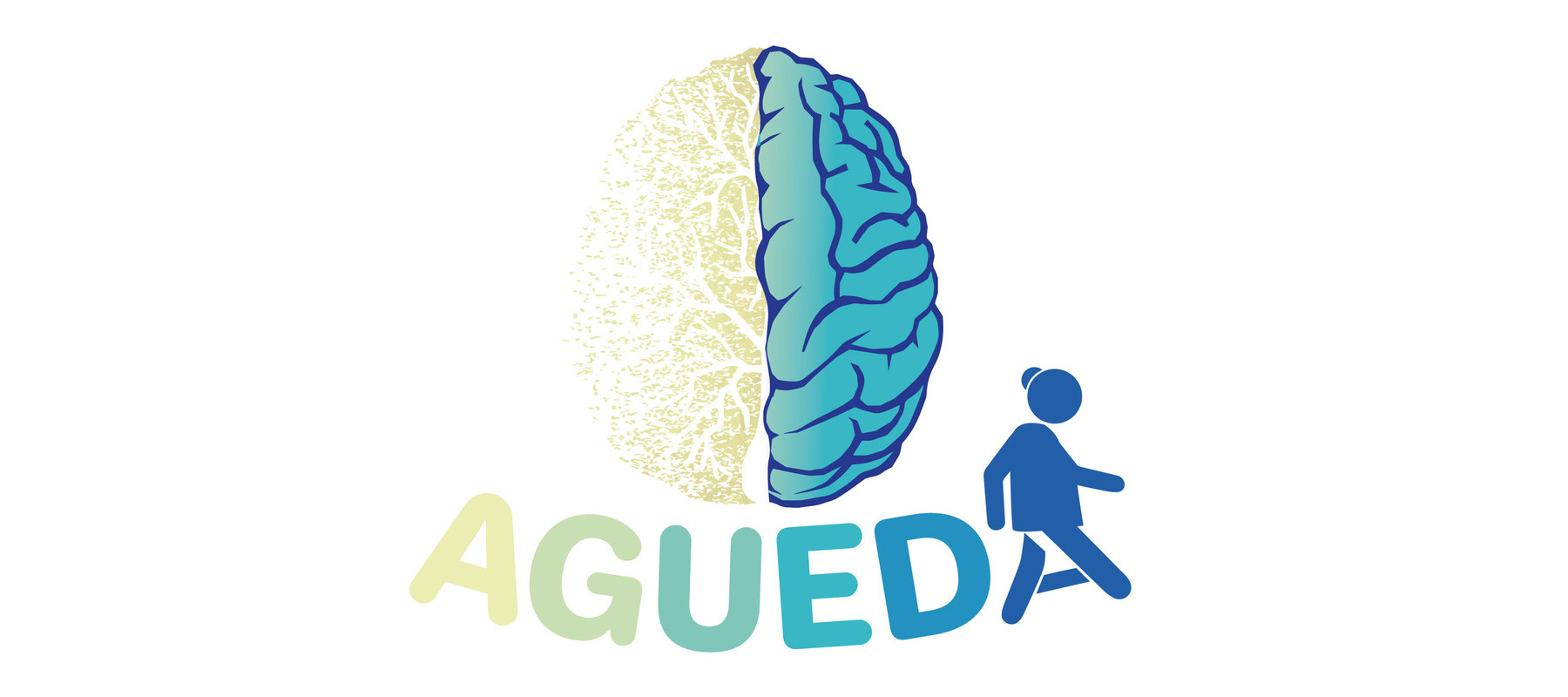
The primary aim of AGUEDA trial is to examine the effects of a 6-month resistance training program on cognitive function in cognitively normal older adults.
The secondary aims are:
AGUEDA is a randomized controlled trial in which 88 cognitively normal older adults, aged 65-80 years old, will be randomized into an exercise group (n=44) or a wait- list control group (n=44). Participants assigned to the exercise group will participate in a 6-month resistance exercise program (3 sessions/week, 60 min/session), while the control group will be asked to maintain their usual lifestyle.
Cognitive function will be assessed using a comprehensive neuropsychological battery and the NIH (National Institute of Health) Toolbox.
Brain structure and function will be obtained using cutting-edge MRI (magnetic resonance imaging) sequences. A PET (positron emission tomography) scan using the tracer Neuraceq (Florbetaben F18) will measure levels of the protein Aβ (Amyloid Beta) in the brain. Physical fitness, physical function, body composition and physical activity will also be measured. Mental health and psychosocial variables will be self-reported. Blood, saliva and fecal samples will be collected to assess microbiota, and peripheral neurology, inflammatory and cardiovascular biomarkers. All outcomes will be assessed at baseline and at 6 months after the exercise program, and some selected outcomes will be also assessed at 3 months and 12 months after the program.